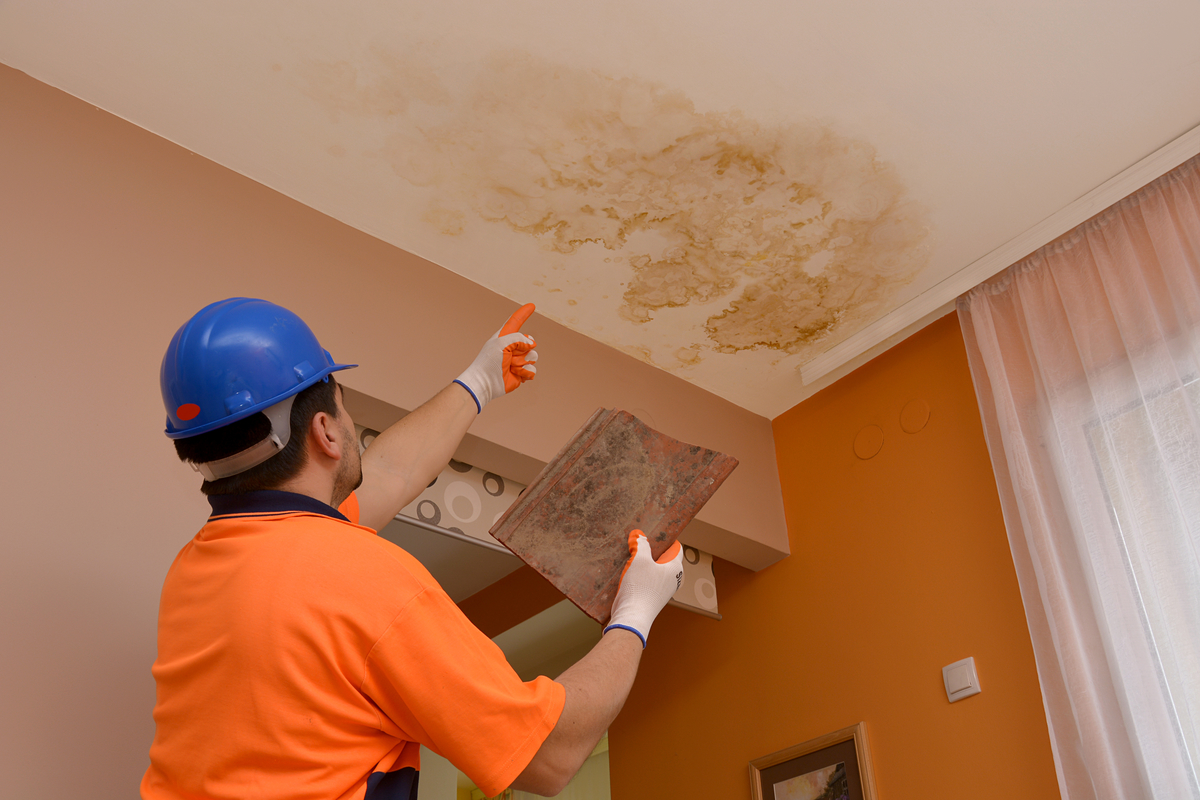How to Prevent the Six Most Common Water Leaks in Your Home
How to Prevent the Six Most Common Water Leaks in Your Home
Blog Article
The content in the next paragraphs about Most Common Causes of Leaky Pipes is unquestionably stimulating. Have a go and make your own personal conclusions.

Leaks not only create waste of water yet can additionally create unneeded damages to your home as well as promote unwanted organic development. However, water leakages could go unnoticed considering that a lot of the pipework in our residence is concealed. By understanding and also looking for everyday situations that trigger leaks, you can shield your residence from future leaks and unneeded damages. Today, we will check out six leakage creates that may be causing your pipelines to leak.
Instantaneous temperature adjustments.
Extreme temperature modifications in our pipes can create them to broaden and get unexpectedly. This development as well as tightening may create splits in the pipes, specifically if the temperature are below freezing. If you maintained an eye on exactly how your plumbing functions, it would be best. The visibility of the previously pointed out situations regularly indicates a high danger.
Corroded water supply
This could be the cause of discoloration or bending on your water pipelines. If our plumbing system is old, take into consideration changing the pipes because they are at a higher threat of deterioration than the more recent models.
Defective Pipe Joints
Pipeline joints can degrade over time, resulting in water leakages. If you have noisy pipes that make ticking or banging noises, particularly when the hot water is turned on, your pipeline joints are possibly under a whole lot of stress.
Intruding roots
A lot of water leakages start outside the house instead of inside it. If you discover a sudden decrease in water stress, state in your tap, require time to head out as well as examine your backyard. You could observe damp spots or sinkholes in your lawn, and that could indicate that tree roots are invading water lines creating water to seep out. You can have your plumber look for invasion, specifically if you have trees or bushes near your building.
Poor Water Connectors
At times, a leakage can be caused by loosened tubes as well as pipes that supply your devices. Usually, moving is what creates the loosened water Links. You might discover in the case of a cleaning machine, a tube may spring a leakage because of shaking throughout the spin cycle. In case of a water connections leakage, you may observe water running directly from the supply line or puddles around your appliances.
Clogged Drains
Obstructed drains pipes might be aggravating as well as inconveniencing, yet they can in some cases wind up causing an overflow causing break pipes. Keep getting rid of any materials that may decrease your drains pipes that could block them to stay clear of such inconveniences.
All the above are root causes of leaks yet not all water leakages result from plumbing leaks; some leaks could originate from roof leaks. All leaks ought to be fixed quickly to avoid water damage.
Leaks not just create waste of water but can likewise trigger unneeded damages to your home and promote undesirable natural growth. By understanding and looking for day-to-day scenarios that create leakages, you can shield your residence from future leaks and unnecessary damage. Today, we will look at six leakage causes that may be causing your pipes to drip.
At times, a leak can be triggered by loose hose pipes and pipes that supply your home appliances. In situation of a water links leakage, you may observe water running straight from the supply line or pools around your devices.
How To Check For Water Leak In Your Home
How To Check for Leaks
The average household's leaks can account for nearly 10,000 gallons of water wasted every year and ten percent of homes have leaks that waste 90 gallons or more per day. Common types of leaks found in the home are worn toilet flappers, dripping faucets, and other leaking valves. These types of leaks are often easy to fix, requiring only a few tools and hardware that can pay for themselves in water savings. Fixing easily corrected household water leaks can save homeowners about 10 percent on their water bills.
To check for leaks in your home, you first need to determine whether you're wasting water and then identify the source of the leak. Here are some tips for finding leaks:
Take a look at your water usage during a colder month, such as January or February. If a family of four exceeds 12,000 gallons per month, there are serious leaks.
Check your water meter before and after a two-hour period when no water is being used. If the meter changes at all, you probably have a leak.
Identify toilet leaks by placing a drop of food coloring in the toilet tank. If any color shows up in the bowl after 10 minutes, you have a leak. (Be sure to flush immediately after the experiment to avoid staining the tank.)
Examine faucet gaskets and pipe fittings for any water on the outside of the pipe to check for surface leaks.
Undetected water leaks can happen without the home or business owner even realizing. If you suspect a water leak, but not able to find the source. It is time to contact a professional water leak detection service, The Leak Doctor.
How To Find a Water Leak In Your Home
https://www.leakdoctor.com/blog/How-To-Check-For-Water-Leak-In-Your-Home_AE197.html

As a keen person who reads about How to Find Water Leaks, I assumed sharing that piece of content was sensible. Those who enjoyed our blog posting plz remember to pass it around. I appreciate reading our article about How Fast Water Damage Can Ruin Your Home.
Source Report this page